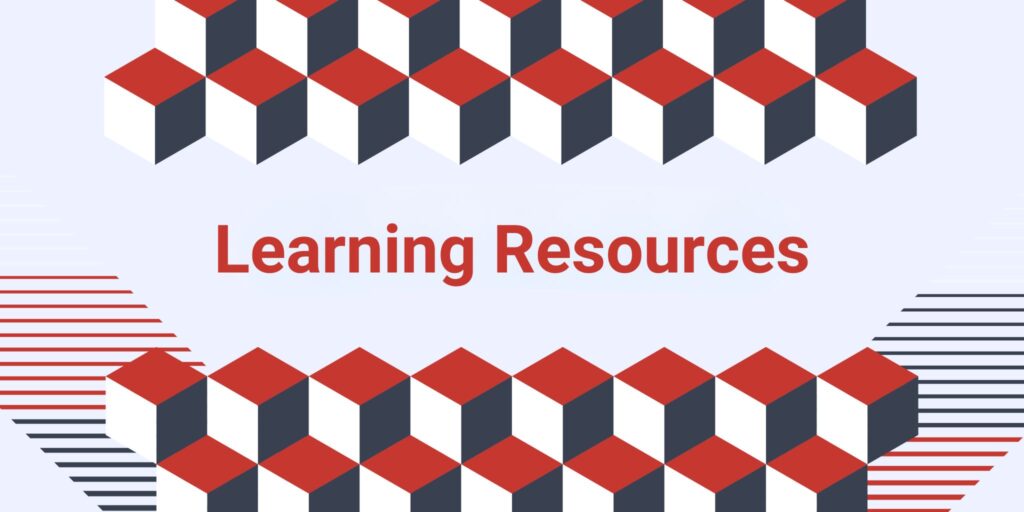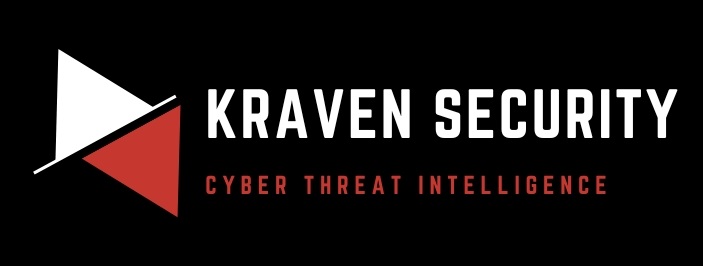Welcome back to the Kraven Security weekly newsletter, triaging the week. In it, we round up the week’s top news stories, highlight our featured article, provide some learning resources, and finish with a few personal notes about what’s happening at the company.
This week’s learning resources include guides on creating honey files quickly and easily so you can capture bad guys in your network and 5-ways to increase your productivity. There are also videos on the importance of programming in cyber security and how to overcome the challenges of learning to program. Let’s jump in!
Top Tips of the Week

Threat Intelligence
- Use CTI to assess third-party risks. Evaluate and manage cybersecurity risks associated with external vendors.
Threat Hunting
- Understand the value of threat intelligence in penetration testing. Use threat insights to enhance real-world attack simulations.
Custom Tooling
- Optimize custom tools for performance. Regularly assess and refine code to ensure efficient operation.
- Regularly update and patch custom tools. Stay vigilant against potential vulnerabilities and ensure ongoing reliability.
- Create custom tools with flexibility in mind. Anticipate future changes and design tools that can adapt to evolving requirements.
- Consider the long-term maintenance of custom tools. Design with scalability and future updates in mind.
- Consider integrating machine learning into custom tool development. Leverage AI capabilities for enhanced threat detection and analysis.
Feature Article

The Analysis of Competing Hypotheses is a structured analytical technique that empowers you to make robust decisions through logical reasoning and critical evaluation. It thoroughly compares and contrasts multiple hypotheses to generate a complete explanation informed by the available evidence.
This is a must-learn technique if you want to become a cyber threat intelligence analyst or improve your intelligence analysis skills, and this guide will teach you everything you need to know.
You will learn the seven-step process, when to use this analytical technique, and the potential limitations you may encounter in the real world. Finally, you will see this analysis technique in action with a practical demonstration to solidify your learning.
Let’s begin by exploring the origins of the Analysis of Competing Hypotheses method to gain a full understanding.
Learning Resources

Discover How to Create Honey Files (Quick and Easy)
Honey files are fake files you can deploy in your environment to catch bad guys sniffing around for sensitive data. If someone tries to access one of these files, you know they are up to no good.
This mini-tutorial from John Strand teaches you how to quickly and easily set up honey files in your environment and add logging to them. From there, you can create detection rules that trigger whenever someone interacts with them. An easy win.
Why Cyber Security Experts Need to Understand Code
In this video, LaurieWired explores why security researchers must understand software engineering to find, exploit, and report vulnerabilities. Knowing the basics of coding is no longer enough.
Researchers need to know how software is developed, tested, and updated, as well as language-specific features and nuances, to write good detections. Experts must know both sides of the software development lifecycle (SDLC).
Why Is Programming Hard?
Programming is not easy (for most people). It requires technical skills, conceptual thinking, and rugged determination to solve tough problems. But if you are going to create your own cyber security tools, you definitely need to know programming.
This great video by The Coding Sloth explores these difficulties in detail and gives practical solutions to overcome them. Worth a watch if you want to elevate your cyber security skills and create custom tooling.
Raise Your Productivity With 5 Tips
Cyber security is not an easy career choice. It is challenging, can drain you of energy, and sometimes you feel like you are never getting anything done.
Fear no more. This great video from TCM Security explores five ways to be more productive, from the 5-minute rule to an effective routine. It’s worth watching if you struggle to stay focused and productive throughout your work day.
Personal Notes

🤔 You have probably noticed a significant lack of news stories in this week’s edition of Triaging the Week. I am currently out of the office, enjoying life in Egypt. Fret not; I will return soon and get back to delivering articles, insights, and learning resources. Hopefully, this week’s learning resources will keep you busy.
Also, this is a reminder that we all need breaks occasionally. Cyber security can be a stressful career, so make sure you look after yourself. Eat well, get enough sleep, exercise, and find something outside of cyber to do when it all gets too much. For me, that is BBQ, cricket, and video games.


